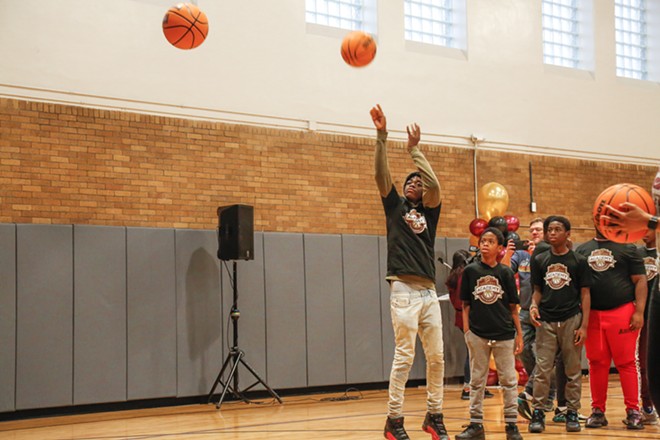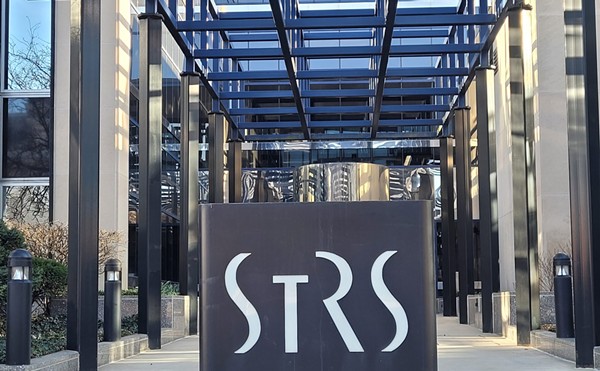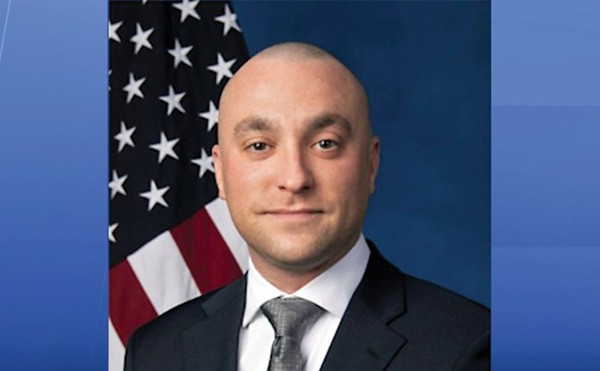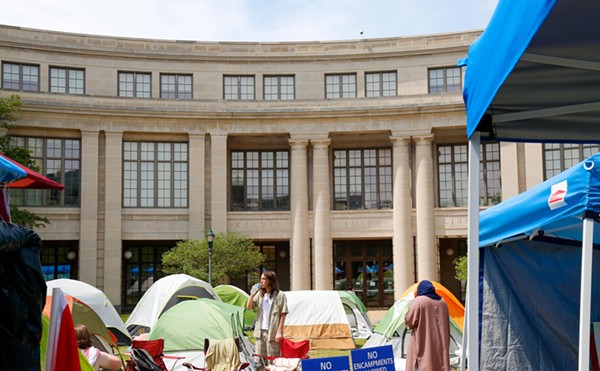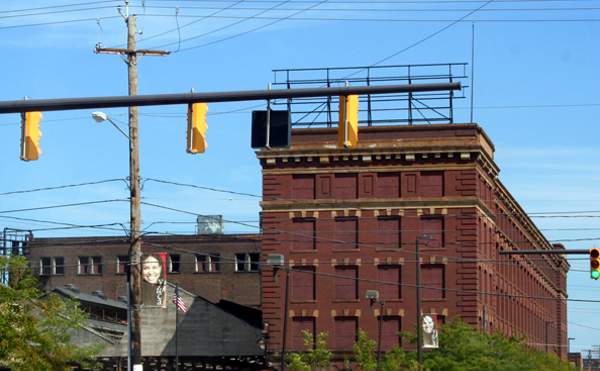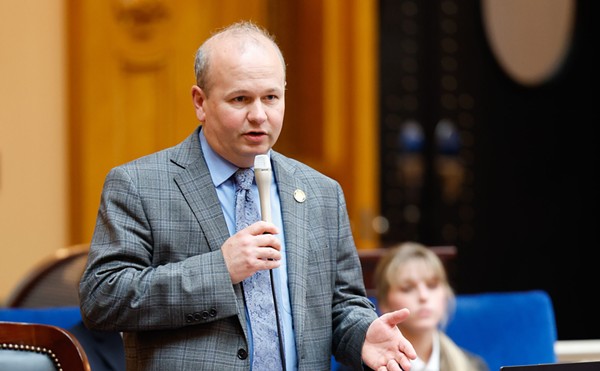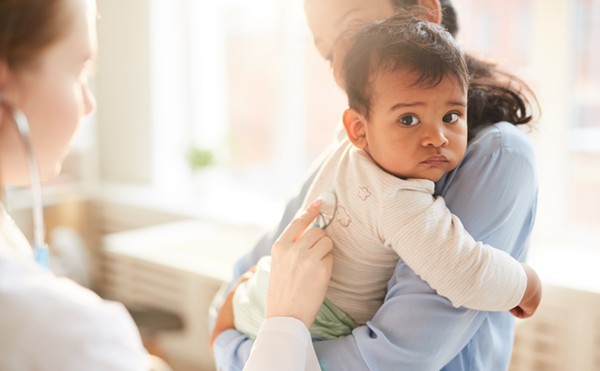All Cleveland Rec Centers Now Have Social Workers on Staff to Address Youth Trauma, Mental Health Issues
The implementation comes after a 5-year study in partnership with CWRU
By Maria Elena Scott on Thu, Jun 15, 2023 at 11:41 am
[
{
"name": "Ad - NativeInline - Injected",
"component": "38482495",
"insertPoint": "3",
"requiredCountToDisplay": "5"
},{
"name": "Real 1 Player (r2) - Inline",
"component": "38482494",
"insertPoint": "2/3",
"requiredCountToDisplay": "9"
}
]
Social workers are now staffed at all 22 recreation centers in Cleveland, Mayor Justin Bibb said this week.
"To prevent violence before it starts, our youth need to have positive role models and adults they can turn to for help," he shared on social media.
The announcement comes as researchers from Case Western Reserve University published their findings from a five-year study on implementing trauma-informed care models in Cleveland's neighborhood and rec centers.
“These are places where children, youth and adults can get the support and services they need in an environment in which trauma-informed care principles are fully embedded in the fabric of the culture,” said Megan Holmes, associate professor and founding director of the Trauma Center at the university’s Jack, Joseph and Morton Mandel School of Applied Social Sciences in a statement.
Partnering with city officials and FrontLine Service, a nonprofit dedicated to mental health, addiction recovery and suicide prevention, researchers established the project as part of a larger plan to increase mental health services in Cleveland five years ago, in the summer of 2018.
In phase one, recreation center staff received training on trauma-informed care and the city hired a dozen counselors and social workers to work in Cleveland recreation centers. Phase two involved the development of trauma-informed standards, like policies, governance and engagement, and ways to monitor progress.
According to the National Institute of Mental Health, one in four children experience at least one potentially traumatic event before the age of 16. The project’s holistic approach to responding to traumatized youth recognizes the ways trauma can affect physical and mental health and seeks to foster environments to promote health and recovery.
“Today, we consider neurobiology,” Holmes said. “How a child responds to a stressful, potentially traumatic event is the body’s normal response to an abnormal situation. Activities, whether it’s bouncing a ball or connecting with people who care, are important elements of healing. The staff are all trained to respond in an approach that doesn’t call out the child in a negative manner.”
Observing the program, researchers concluded that NRCCs can impact communities beyond classes, recreation and sports by implementing trauma-informed practices and on-site mental health services. However, in their findings the researchers also noted that, in order to create sustainable change, centers must commit to ongoing efforts to promote comprehensive care.
Subscribe to Cleveland Scene newsletters.
Follow us: Apple News | Google News | NewsBreak | Reddit | Instagram | Facebook | Twitter | Or sign up for our RSS Feed
SCENE Supporters make it possible to tell the Cleveland stories you won’t find elsewhere.
Become a supporter today.
Scroll to read more Cleveland News articles
Newsletters
Join Cleveland Scene Newsletters
Subscribe now to get the latest news delivered right to your inbox.

